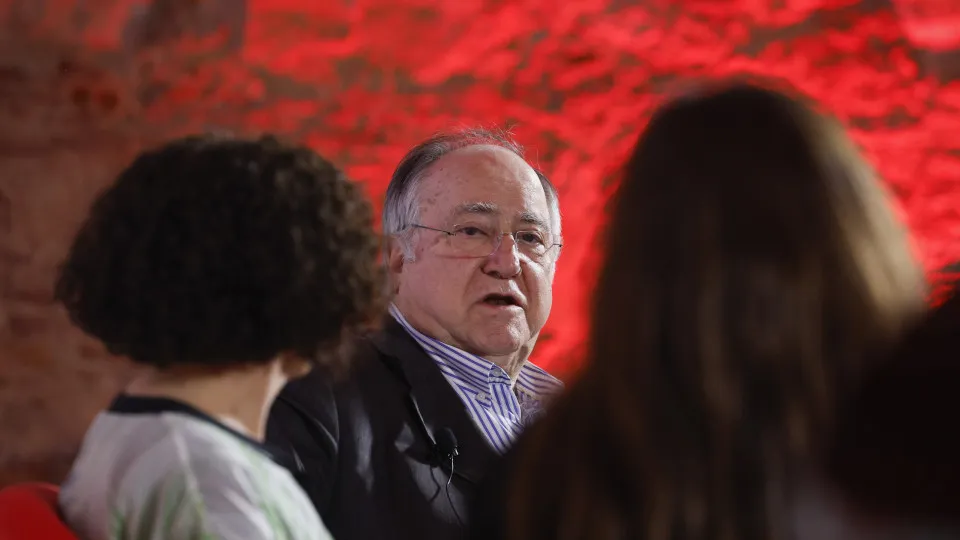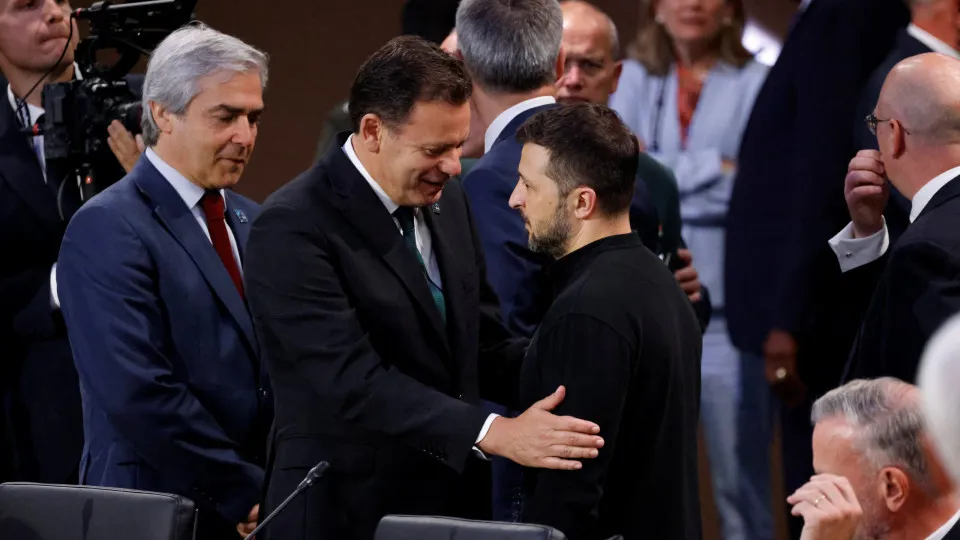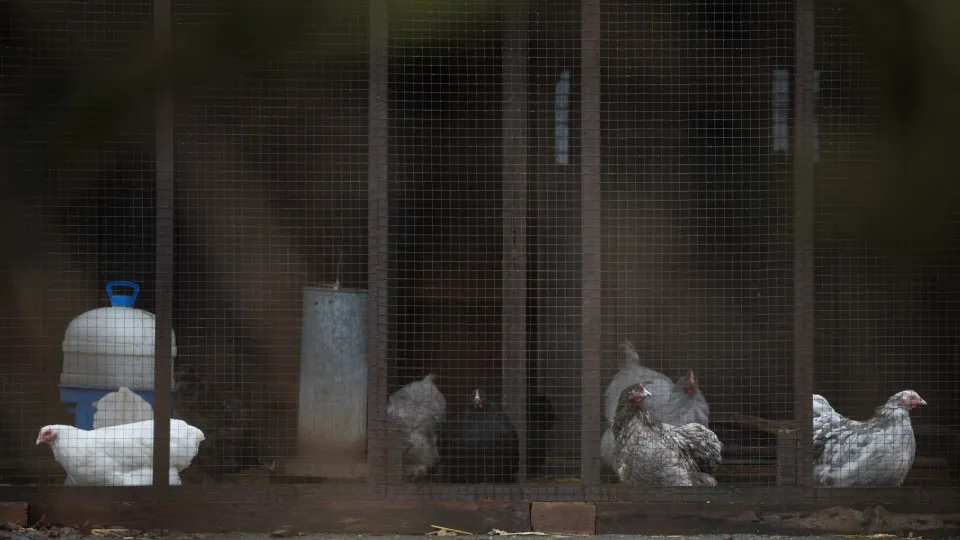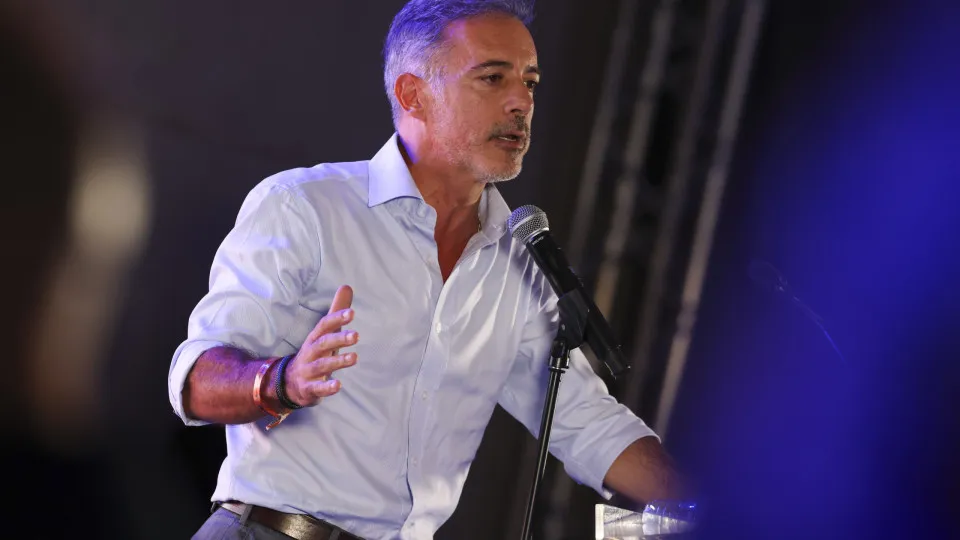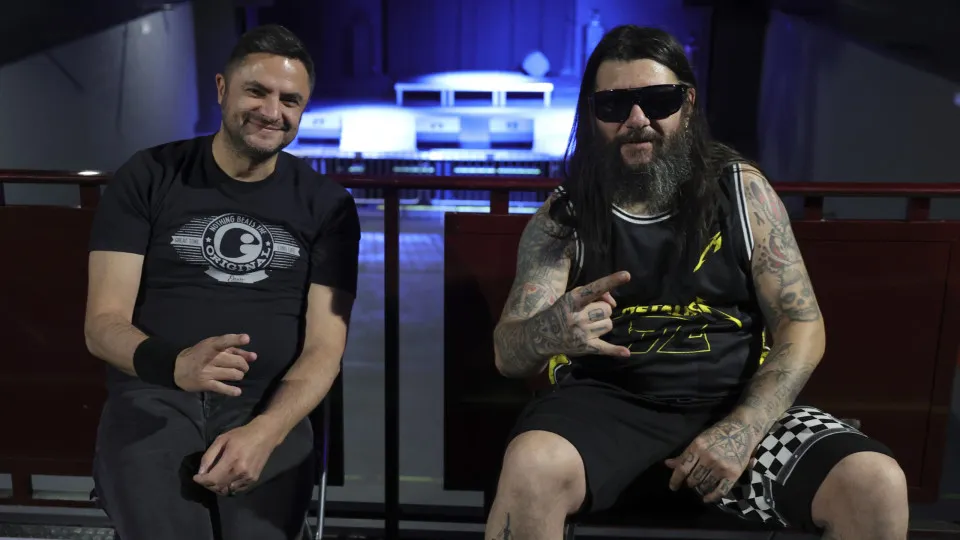
After two unforgettable concerts at the República da Música in Lisbon, where they debuted their latest single ‘Tudo ou Nada,’ and a summer of performances across Portugal culminating at the Festival F in Faro, the band from Alvalade is now heading to Invicta for a night of pure Punk Rock, the agency for Tara Perdida announced in a statement released today.
The concert in Porto is scheduled for December 6 at Sala 2 of Casa da Música, with tickets priced at 25 euros already available for purchase.
Over the course of 30 years, Tara Perdida has undergone many transformations, with guitarist Rui Costa (Ruka), now also the band’s vocalist, being a constant presence.
On June 10, 1995, he, along with vocalist and guitarist João Ribas, bassist Vitor Matos (Cró), and drummer Hélio Moreira (Oregos), gathered for a first rehearsal in Alvalade.
Five months later, on November 17, they gave their first concert at the Grupo Dramático Ramiro José in the same Lisbon area, which was a hub for emerging bands at the time.
Guitarist Tiago Ganso joined Tara Perdida in 1999 after the band had released two albums: “Tara Perdida” in 1996 and “Só não vê quem não quer” in 1998.
The third album, “É assim,” arrived in 2002 and was the first to be recorded with a producer, Cajó. “Until then, it was 50 beers and hit record,” Ruka recalled in a June interview.
One of the band’s best periods was in 2005 with the release of the album “Lambe Botas” that same year.
“That year, we also recorded a DVD at Incrível Almadense. It sold out, with more than a thousand people left outside, and police intervention was needed. I remember having good moments, even playing with American bands that influenced us—they were idols. It was a good time,” Ruka shared, noting that it was also when they signed with the major label Universal and recorded the album “Nada a esconder,” released in 2008.
That year they were “on a high” and continued that way for a few more years, performing an average of 40 concerts a year, including many student festivals, Tiago Ganso recalled in the same interview.
In 2014, the band faced the worst moment of their career, “and for the rest of our lives”: the death of João Ribas.
“It’s impossible to overcome something like that, but I think we managed to shift to third gear and now are a bit in fourth,” Ruka said.
Tiago Ganso emphasized that the vocalist’s death affected them “in everything.” “Our character changed after what happened. We were more somber, spending at least a year hitting our heads against the walls. There were some things already scheduled, and we faced the pressure of ‘will you continue or not?’. Those were tough times,” he recalled.
The decision was to carry on. “We thought it wasn’t the right time [to stop]. Even for our mental health. The passion remains the same, and the more we perform, the more we can honor Ribas,” Ruka noted.
The musician acknowledges that Ribas “was the band’s image.” “It’s not that we were in the shadows, but he was. Today, we are Tara Perdida,” he said.
Thirty years on, Tara Perdida is a band that is “neither mainstream nor underground.”
“We are Tara Perdida. We’ll play anywhere. If there are people there to see us, that’s enough. The audience is there to watch us, and we’ll go. That’s what any band wants: to have an audience singing along. And we have achieved that,” he stated.
On stage, they sell “energy.”
“We have good songs, but what we convey is genuine energy. People feel that we enjoy what we do, and that’s the truth. And the message is the light at the end of the tunnel. It might be a freight train coming, but sometimes it’s not,” Ruka said.
Besides Ruka and Tiago Ganso, Tara Perdida includes drummer Pedro Rosário (Kystos), who joined in 2001, left in 2004, and returned in 2013, and bassist Filipe Sousa, who became a member in 2020.

